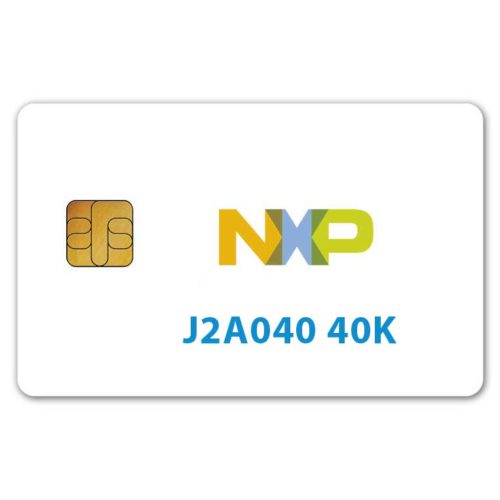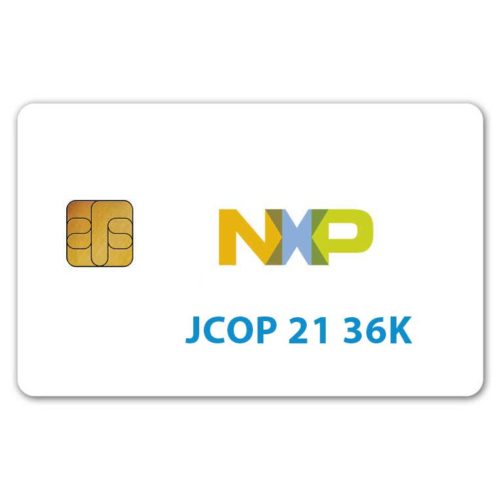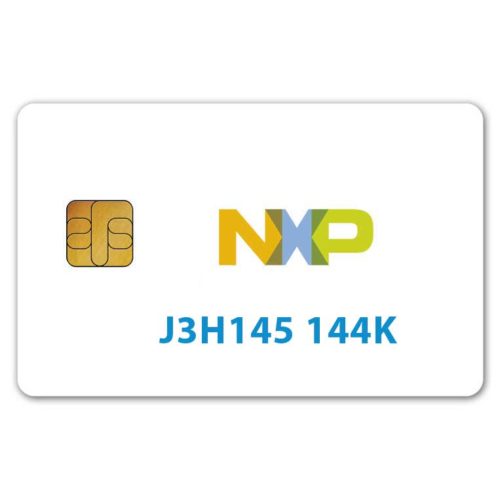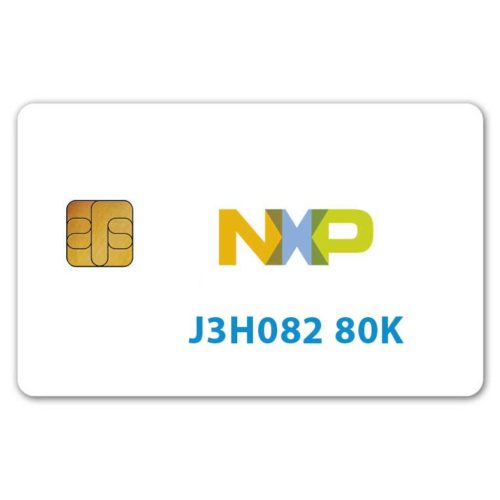Elliptic Curve Direct Anonymous Attestation (ECDAA) is a cryptographic protocol used to provide anonymous authentication and attestation for devices or entities. It is commonly employed in scenarios where privacy is essential, such as in systems involving anonymous credentials, secure hardware authentication, and privacy-preserving authentication mechanisms.
The ECDAA protocol is an extension of the Direct Anonymous Attestation (DAA) scheme, which is based on bilinear pairings over elliptic curve groups. The main idea behind ECDAA is to enable a device to prove its authenticity and membership in a group without revealing its actual identity.
Here’s a high-level overview of how the ECDAA protocol works:
- Setup: A trusted authority generates a master secret and public parameters. These parameters are used to set up the cryptographic scheme and the elliptic curve groups involved in the protocol.
- Issuance: To obtain an anonymous credential, a device interacts with the trusted authority, using its real identity and the public parameters. The trusted authority generates a unique anonymous credential for the device based on its real identity and the master secret. This credential consists of a group signature and a group public key.
- Attestation: The device, with its anonymous credential, can now prove its authenticity and membership in the group without revealing its identity. It can interact with other parties or entities and provide the group signature and public key as proof of its membership.
- Verification: Other entities in the system can verify the device’s membership and authenticity by checking the validity of the group signature and the corresponding public key. They don’t need to know the real identity of the device to confirm its legitimacy.
The main advantage of ECDAA is that it allows devices to prove their membership anonymously, protecting the privacy of the users or entities involved. This makes it particularly useful in applications where preserving anonymity is critical, such as in electronic voting systems, anonymous authentication schemes, and secure hardware-based applications. Additionally, ECDAA provides strong security guarantees against various attacks, making it a reliable choice for privacy-sensitive applications.
Related Products
Related Articles
Release of SafeSign Identity Client version 3.7 for Microsoft, MacOS and Linux
Arnhem, September 2021 -- AET Europe, the leading vendor of solutions in the area of strong digital identities, is announcing the launch of the new generation of their leading product SafeSign Identity Client, version 3.7 for Standard (MacOS and
CardLogix Expands Applet Support for NXP JCOP 4 Java Cards
IRVINE, CA, October 11, 2019 – CardLogix is preparing clients for the official release of NXP’s latest generation Java Card OS, JCOP 4, smart cards with custom applet development and existing applet support. CardLogix helps software developers create applets
NXP Launches New Java Card-based Operating System to Expand Multi-Application Services in the Secure Identification Market
Next generation Java Card OS (JCOP3) provides higher security and more flexibility for developing and integrating convergence solutions covering identity and payment on smart cards News Highlights : Advanced Java Card™ Platform (JCOP3) builds upon NXP's 15 years of leadership
NXP Secures Electronic ID Cards and Passports in Ecuador
EINDHOVEN, The Netherlands, May 25, 2017 (GLOBE NEWSWIRE) -- NXP Semiconductors N.V. (NASDAQ:NXPI) today announced that the Ecuadorian Government has again chosen NXP’s SmartMX2 secure microcontroller for the country’s new multi-purpose contactless citizen ID card. This extends the successful cooperation
NXP Delivers eDL and Vehicle Registration Smartcards to Algeria
Apr 27, 2017 -- EINDHOVEN, Netherlands and ALGIERS, Algeria — NXP Semiconductors N.V. (NASDAQ:NXPI) today announced that its partner HB Technologies, the leader in Algeria for secure solutions based on smartcard designs, chose NXP’s SmartMX2 microcontroller for the country’s new secure
NXP Supports the Philippines with eGovernment Solutions
EINDHOVEN, Netherlands, Feb. 02, 2017 -- NXP Semiconductors N.V. (NASDAQ:NXPI) today announced that the Philippines government has chosen NXP’s SmartMX2 secure microcontroller for its modernized electronics passports (ePassports) and unified multipurpose identification card (UMID) program. The ePassports program enhances




